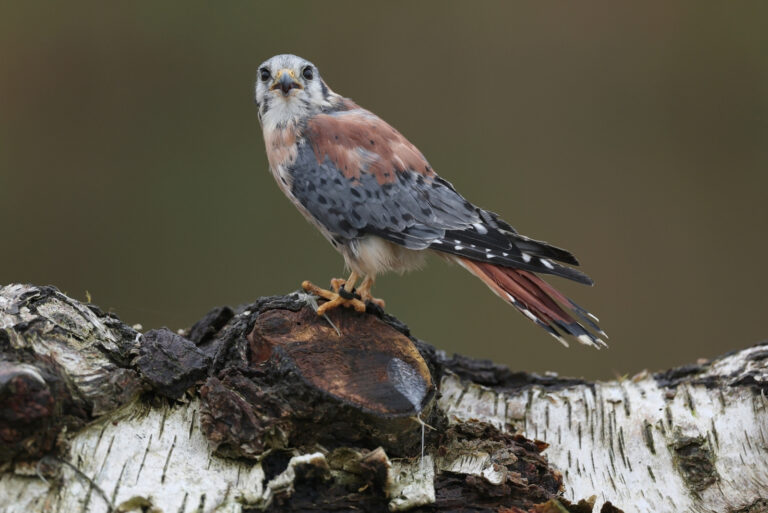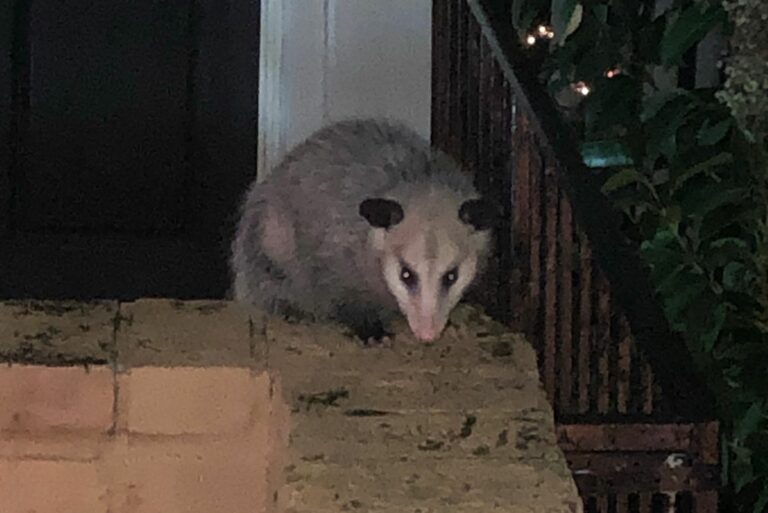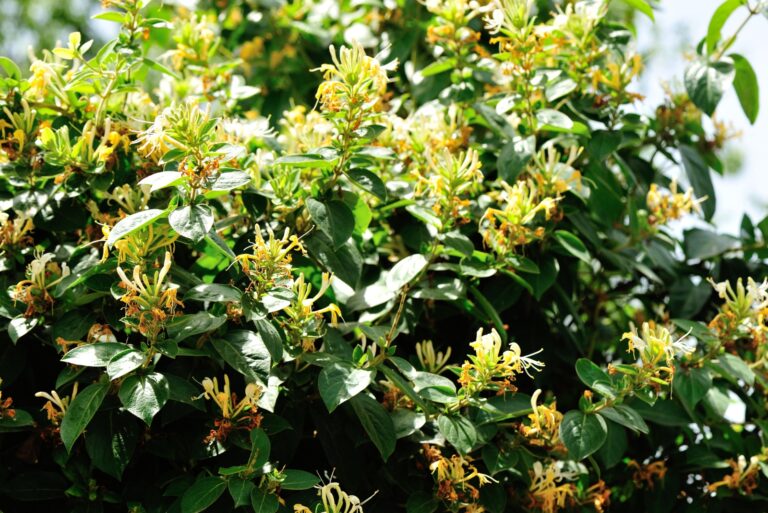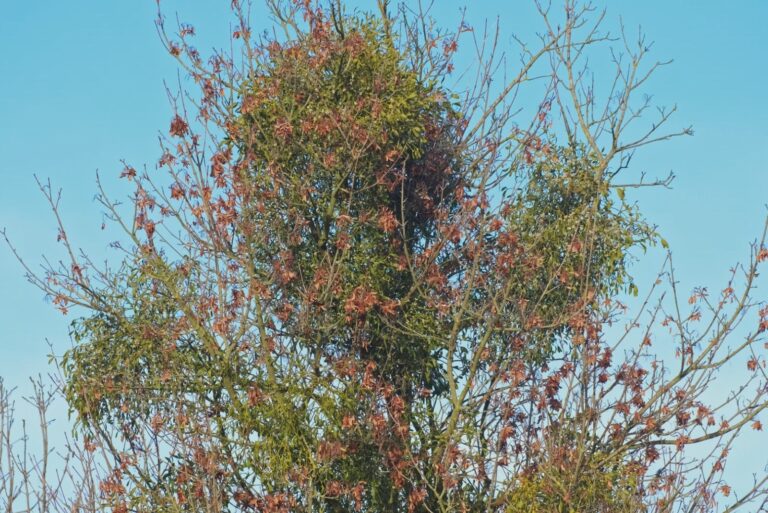8 Popular Yard Features Mississippi Residents Might Have To Remove Soon
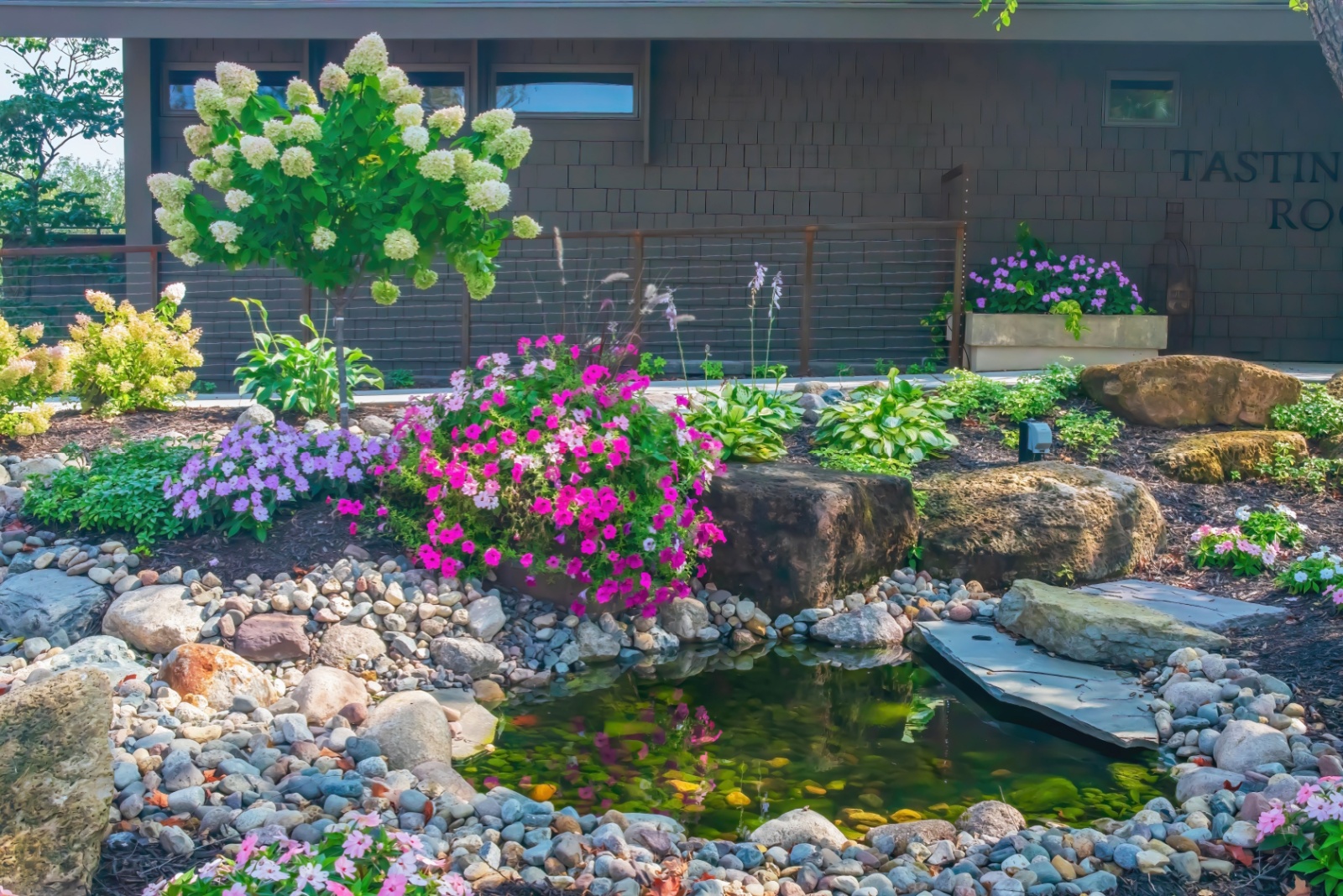
As rules change and local regulations tighten across Mississippi, some once-common yard additions are now raising red flags. Features that were perfectly acceptable a few years ago may now conflict with safety codes, environmental protections, or neighborhood standards.
Before homeowners invest in upgrades—or risk fines—it’s worth taking a closer look at what might need to go.
1. Ornamental Ponds Without Proper Drainage
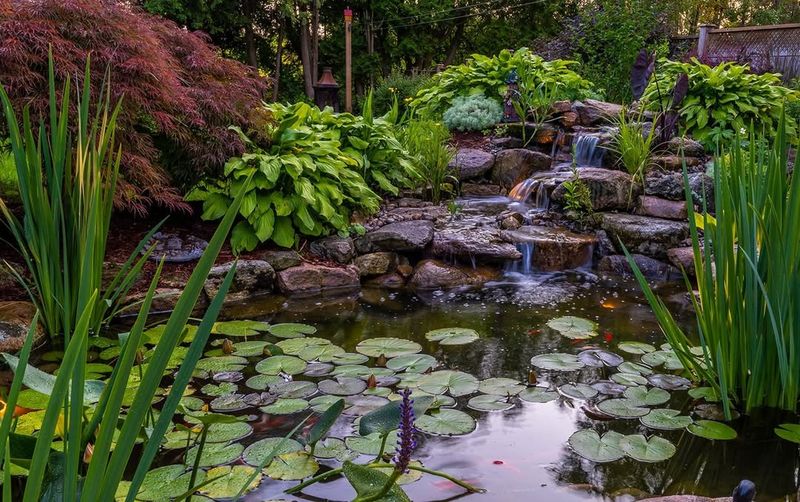
Backyard ponds add beauty and tranquility to any property, but Mississippi’s new stormwater management rules are getting stricter. Many decorative ponds lack proper drainage systems, which can contribute to mosquito breeding and water contamination issues.
Local municipalities are now requiring homeowners to install overflow systems and filtration to prevent standing water problems. If your pond doesn’t meet these standards, you might face removal orders or expensive upgrades. Check with your county’s environmental office to see if your water feature complies with current regulations before problems arise.
2. Chinese Privet Hedges
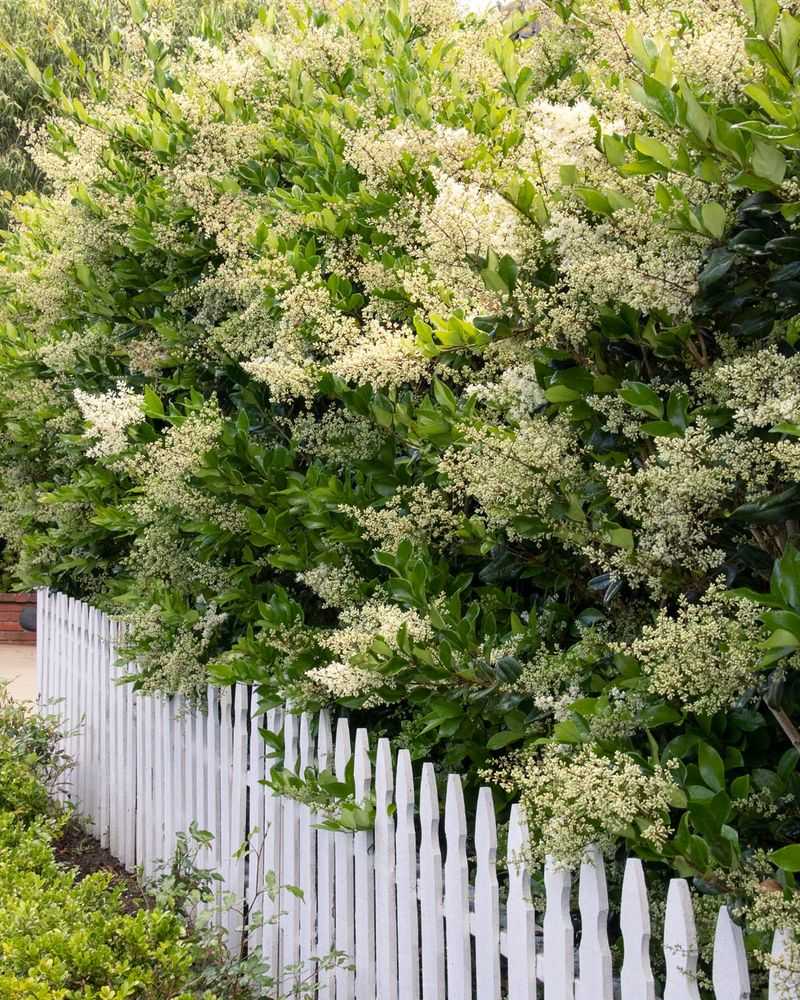
Once considered the perfect privacy hedge, Chinese privet has become Mississippi’s nightmare plant. This aggressive invader chokes out native species and spreads like wildfire across natural areas.
State environmental agencies are now targeting properties with established privet hedges, especially near protected wetlands and forests. Removal can be costly and labor-intensive since the plant regrows easily from roots. Many counties offer assistance programs to help homeowners replace privet with native alternatives like wax myrtle or yaupon holly, which provide privacy without environmental damage.
3. Unpermitted Fire Pits And Outdoor Fireplaces
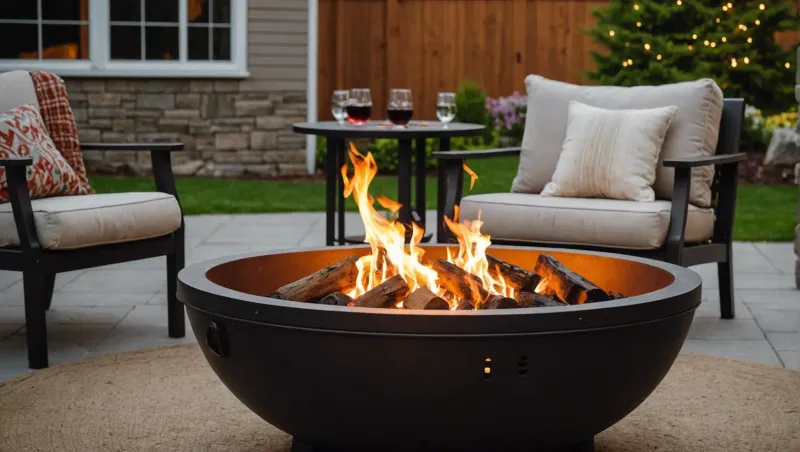
Gathering around a backyard fire pit creates wonderful memories, but air quality regulations are tightening across Mississippi. Many homeowners built fire features without proper permits or safety clearances from structures and property lines.
Fire departments are now enforcing codes more strictly due to increased wildfire risks and air pollution concerns. Your fire pit might need relocation, modification, or complete removal if it violates setback requirements. Contact your local fire marshal to inspect your setup and ensure it meets current safety standards before hosting your next cookout.
4. Bradford Pear Trees
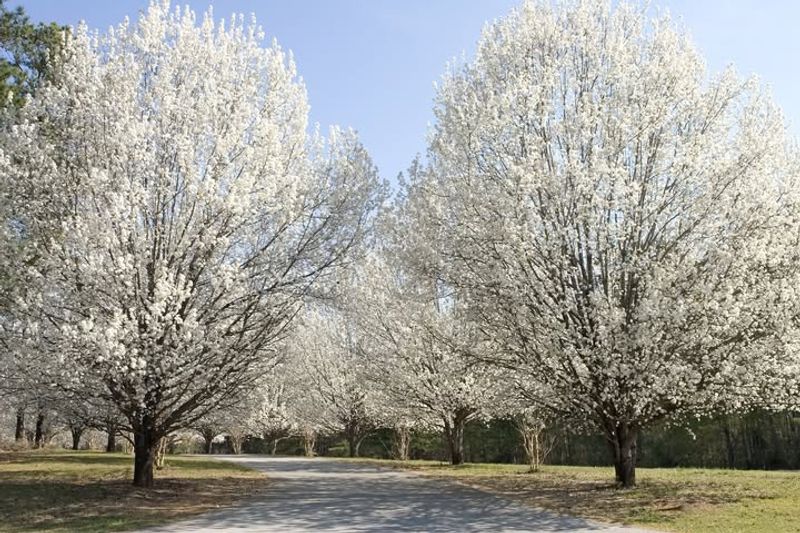
Bradford pears were everywhere in Mississippi neighborhoods for decades, loved for their gorgeous spring blooms. Unfortunately, these trees have become invasive pests that crowd out native vegetation and damage ecosystems.
Several Mississippi cities have banned planting new Bradford pears, and some are requiring removal of existing trees during property sales or renovations. The trees also have weak wood that breaks easily during storms, creating hazards. Consider replacing yours with native alternatives like flowering dogwood or redbud, which offer similar beauty without the environmental problems or structural weaknesses.
5. Bamboo Plantings

Bamboo seems like an exotic, fast-growing privacy screen until it takes over your entire yard and your neighbor’s property too. Running bamboo species spread through underground rhizomes that ignore property boundaries and damage foundations.
Mississippi municipalities are cracking down on bamboo plantings after countless neighbor disputes and property damage claims. Some areas now prohibit bamboo entirely, while others require expensive containment barriers. Removal is difficult and expensive, often requiring professional excavation. If you planted bamboo years ago, start planning for removal before your city mandates it or your neighbors file complaints.
6. Unregistered Rainwater Collection Systems
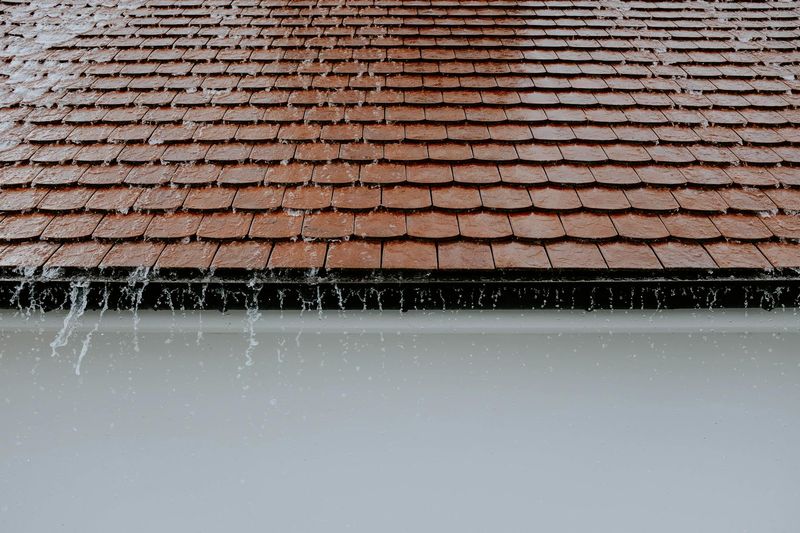
Collecting rainwater sounds environmentally friendly, but Mississippi water laws are surprisingly complex. Large collection systems can affect municipal water supplies and require permits in many jurisdictions.
New regulations require homeowners to register systems over a certain capacity and ensure proper mosquito screening. Uncovered barrels and unregistered systems face removal orders in some counties. Simple rain barrels under fifty gallons typically remain legal, but check local ordinances before expanding your setup. Proper registration protects your investment and keeps you compliant with changing water management rules throughout the state.
7. Decorative Gravel And Rock Landscaping
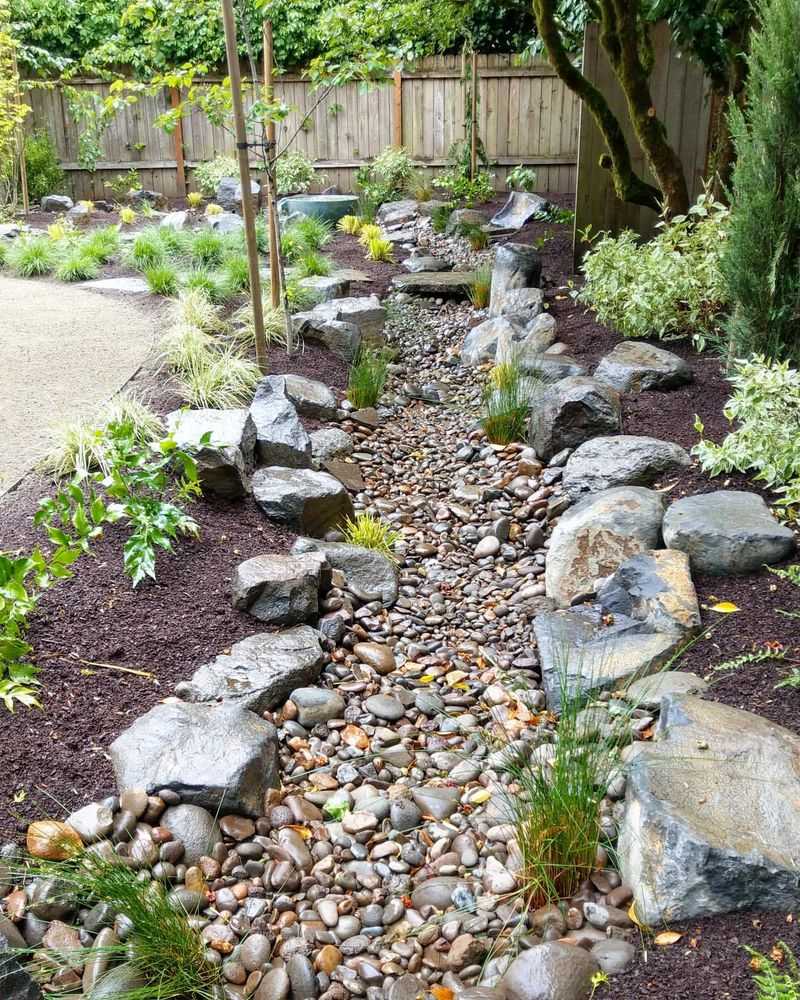
Rock gardens and gravel beds seemed like a low-maintenance alternative to grass, but they create serious heat island effects and stormwater problems. Mississippi communities are discovering that non-permeable surfaces contribute to flooding and increase neighborhood temperatures.
Some homeowners associations and municipalities now limit the percentage of yard coverage allowed for rock landscaping. Environmental ordinances increasingly favor permeable, planted areas that absorb rainfall naturally. If your entire front yard is gravel, you might need to restore some grass or plant beds. Transitioning back to vegetation improves drainage, cools your property, and keeps you ahead of regulatory changes.
8. Outdoor Lighting Without Dark Sky Compliance
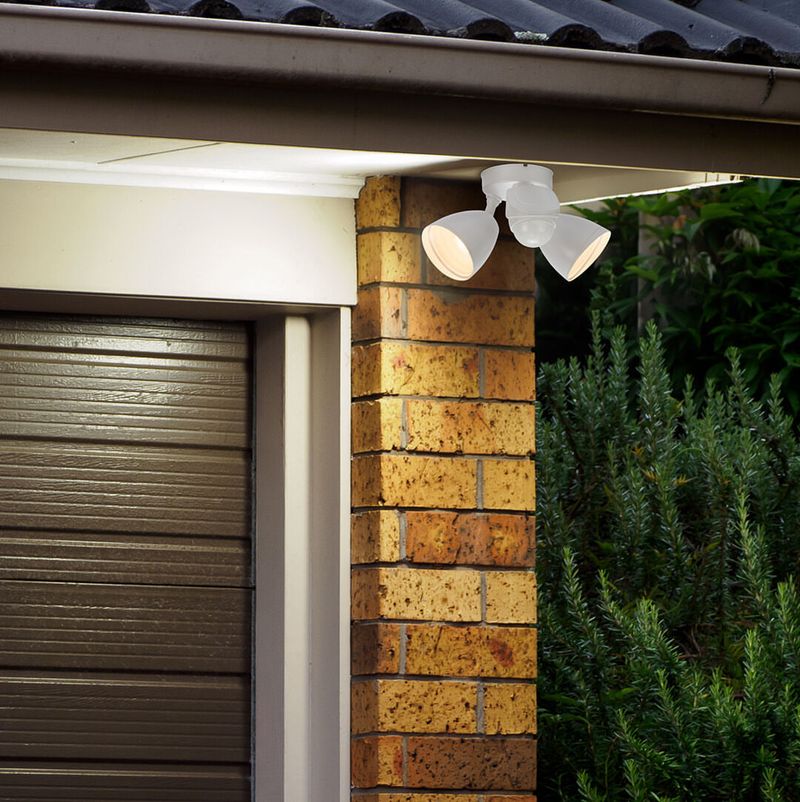
Bright security lights make you feel safe, but excessive outdoor lighting is becoming a regulated issue across Mississippi. Light pollution affects wildlife, disrupts ecosystems, and bothers neighbors trying to sleep.
Communities are adopting dark sky ordinances that limit brightness, require downward-facing fixtures, and restrict hours of operation for decorative lighting. Non-compliant fixtures might require replacement or removal, especially in newer developments with strict covenants. Modern motion-activated, shielded lights provide security without violating regulations. Review your outdoor lighting now and upgrade to compliant fixtures before your municipality starts enforcing penalties for excessive illumination.

